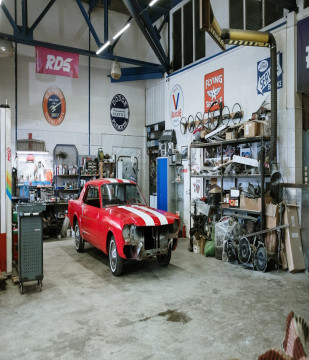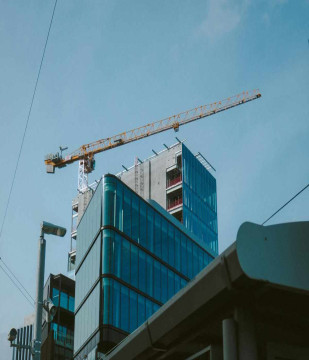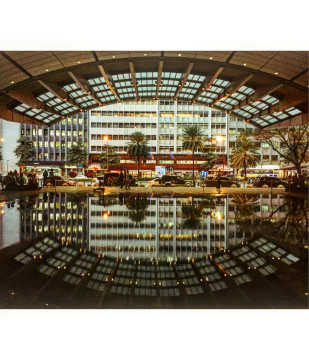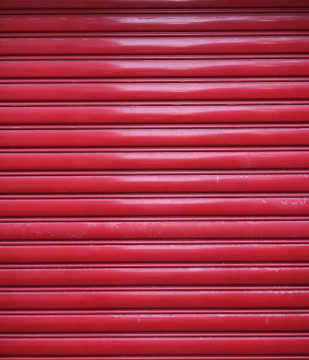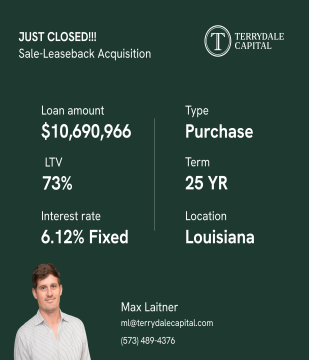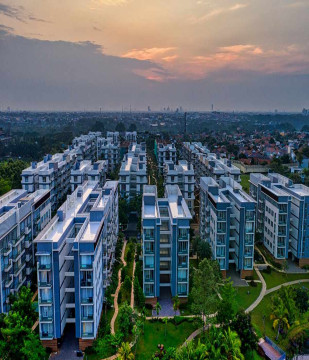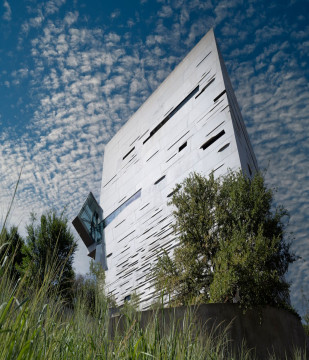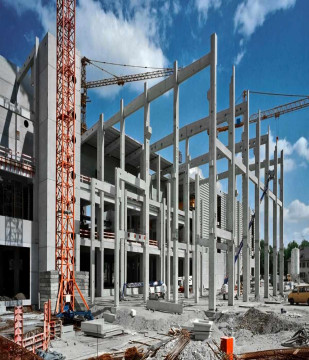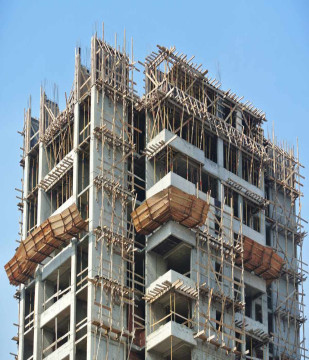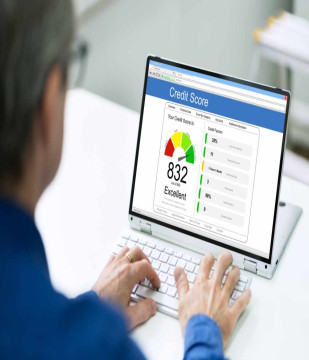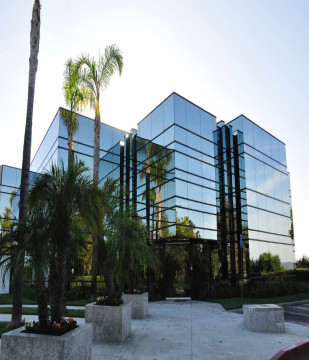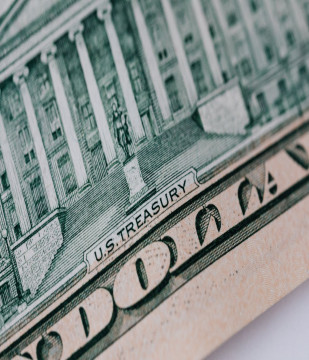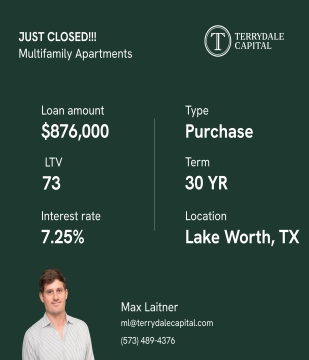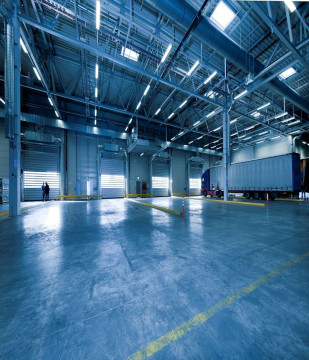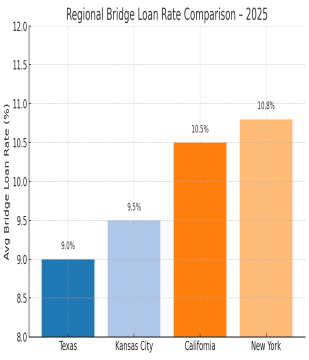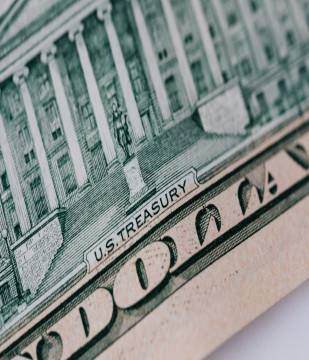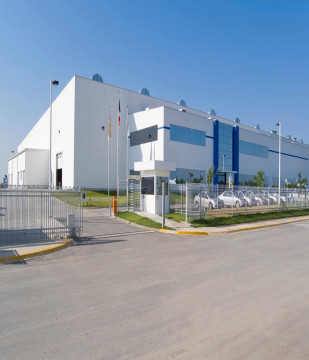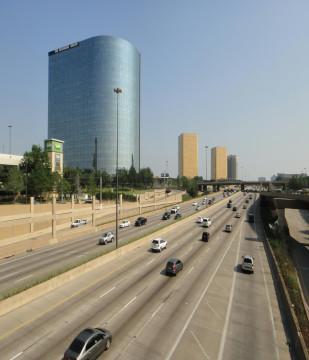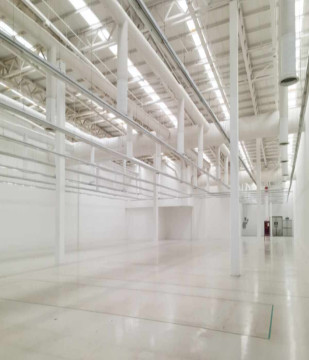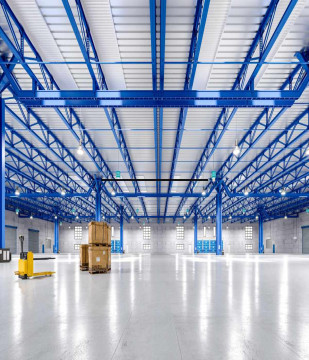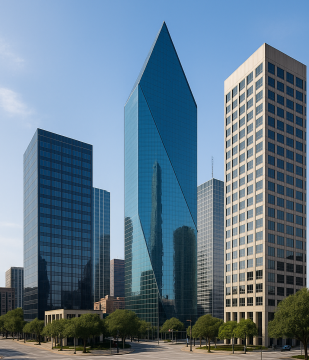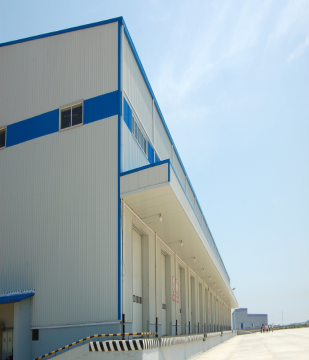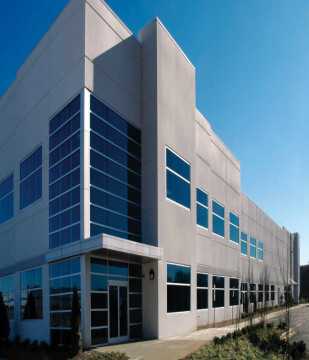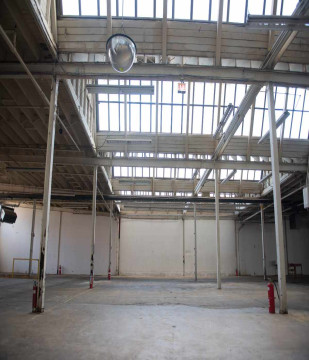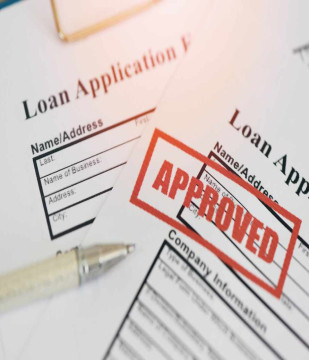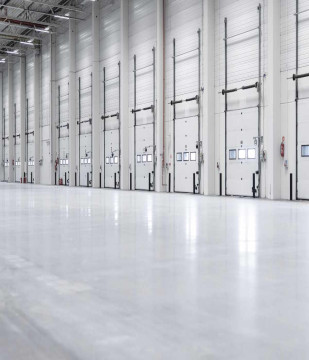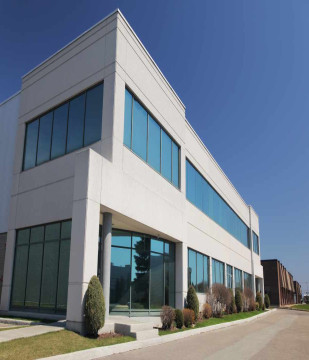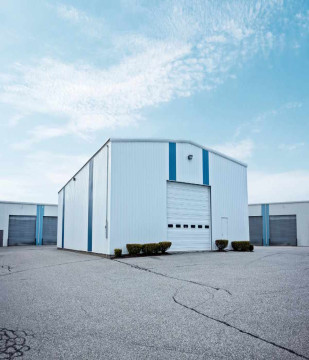Understanding HUD Loans For CRE Investing

Terrydale Capital
Sep 27, 2023 7 Min read
Commercial real estate investing is a dynamic realm that offers lucrative opportunities for savvy investors. One of the key aspects of successful commercial real estate ventures is securing financing options that align with the unique requirements of the project. In this regard, HUD financing emerges as a powerful tool, empowering investors to unlock potential and achieve their investment goals. This blog post aims to shed light on HUD financing and its significance in commercial real estate investing.
Understanding HUD Financing
HUD, the U.S. Department of Housing and Urban Development, plays a crucial role in promoting affordable housing, economic growth, and sustainable communities. Through various programs and initiatives, HUD provides financing solutions that extend beyond residential properties and delve into the realm of commercial real estate. HUD financing options can be a valuable asset for investors seeking capital for commercial projects with specific criteria, such as affordable housing, senior housing, healthcare facilities, or mixed-use developments.
Benefits of HUD Financing in Commercial Real Estate Investing
- Favorable Loan Terms: HUD financing offers competitive interest rates, long-term fixed-rate loans, and higher loan-to-value ratios compared to traditional financing options. These advantages reduce the cost of borrowing and increase cash flow, thereby enhancing the investment's profitability.
- Low Down Payments: Investors can leverage HUD financing to acquire commercial properties with lower down payment requirements, enabling them to preserve capital and allocate resources to other aspects of the project, such as renovations or expansion plans.
- Non-Recourse Loans: HUD-insured loans are typically non-recourse, meaning that the borrower's personal assets are not at risk in the event of default. This feature provides investors with an additional layer of security, allowing them to mitigate risks and focus on maximizing returns.
- Extended Loan Terms: HUD financing often offers longer loan terms compared to conventional commercial loans. These extended terms, ranging from 35 to 40 years, provide stability and predictability for investors, reducing the need for frequent refinancing and associated costs.
- Access to Underserved Markets: HUD financing programs specifically target underserved markets and certain property types, such as affordable housing and healthcare facilities. By participating in these programs, investors not only gain access to untapped opportunities but also contribute to the community by addressing critical needs.
HUD Financing Programs for Commercial Real Estate Investing
- Section 221(d)(4) - New Construction or Substantial Rehabilitation: This program provides financing for the construction or substantial rehabilitation of multifamily properties. It offers attractive terms and low-cost, long-term fixed-rate loans, making it ideal for investors seeking to develop or upgrade affordable housing projects.
- Section 223(f) - Acquisition or Refinancing: Designed for the acquisition or refinancing of existing multifamily properties, this program enables investors to secure long-term financing at attractive interest rates. It can be an excellent option for investors looking to optimize the performance of income-generating properties.
- Section 232 - Healthcare Facilities: HUD's Section 232 program facilitates financing for healthcare-related facilities, including nursing homes, assisted living facilities, and hospitals. This program addresses the growing demand for quality healthcare infrastructure and offers long-term, fixed-rate loans with flexible terms.
- Section 108 - Economic Development Initiatives: HUD's Section 108 Loan Guarantee Program supports economic development projects by providing loan guarantees to state and local governments. These guarantees enable investors to access capital for various initiatives, including commercial real estate development, infrastructure improvement, and job creation.
HUD Program Highlights
Hud has proven an ideal option for new construction projects and later vintages. HUD can be used on older assets with heavy reserves in place.
- Max LTV (Acquisition): 85%-90%
- Max LTV (Cash-Out): 80%
- Minimum DSCR: 1.11 - 1.18x
- Prepay: 10-Yr Step-Down
What HUD is best for:
- Later Vintages
- New Construction
- Multifamily
- Long-Term Hold
- Maximizing Cash-Flow
Conclusion
HUD financing opens a world of possibilities for commercial real estate investors. By leveraging these programs, investors can access favorable loan terms, reduce risks, and tap into underserved markets. Whether it's affordable housing, healthcare facilities, or economic development initiatives, HUD financing offers a compelling toolkit for investors to embark on profitable ventures while positively impacting communities. As the commercial real estate landscape continues to evolve, understanding and harnessing the potential of HUD financing can be a game-changer for investors aiming to unlock opportunities in this exciting industry. When you need an advocate with relationships with ample HUD lenders and the expertise to execute specialized financing, look no further than Terrydale Capital. Contact us today for all of your financing needs.
Partner With Terrydale Capital for Your Debt Financing Needs
When it comes to debt financing, understanding the right timing, process, and options is crucial. At Terrydale Capital, we provide a comprehensive range of commercial loan solutions tailored to meet your business's unique needs.

